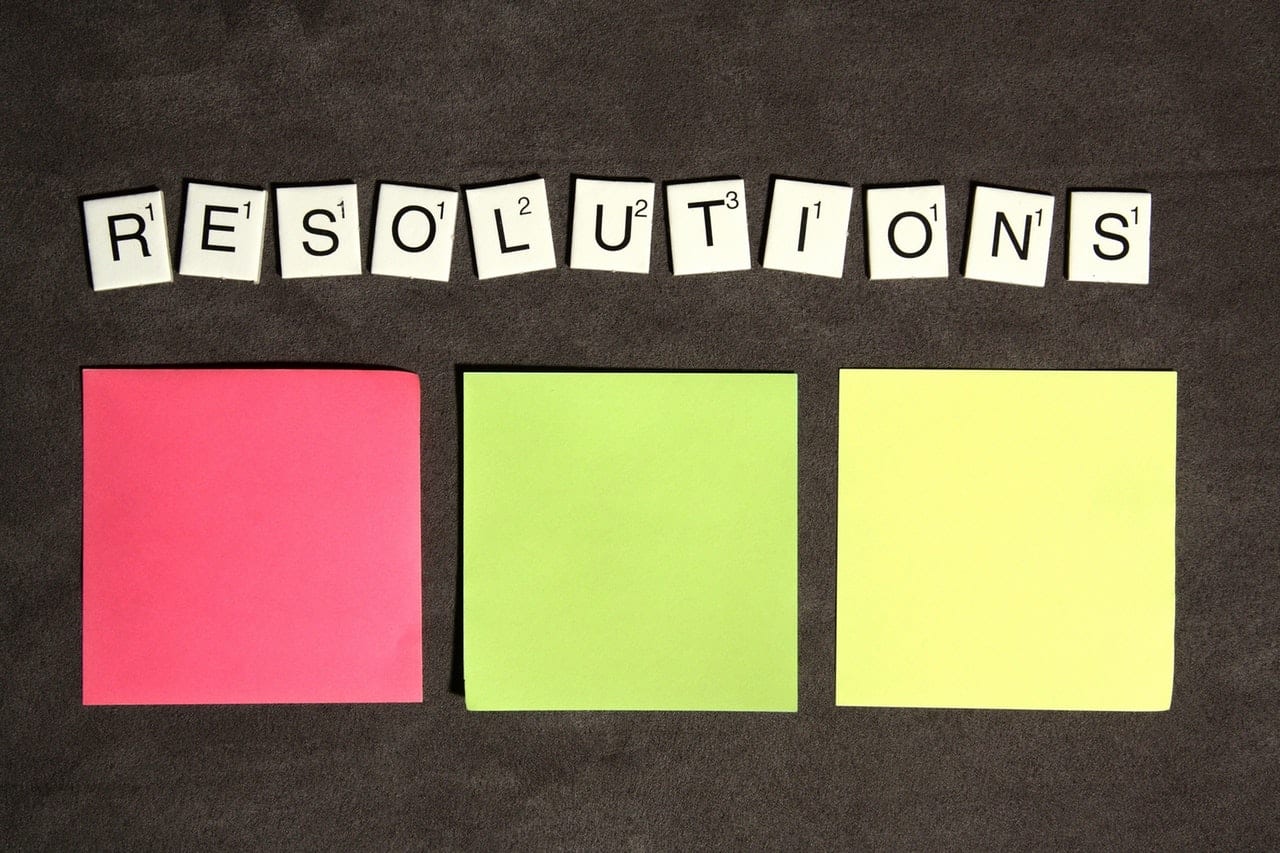
Not everyone is a natural morning person. Some like to sleep in and get a few extra Z’s. Ever heard of “beauty sleep?” Getting some extra rest is definitely okay unless your schedule no longer allows for it and you need to start waking up earlier.
Maybe it’s a new job, or you’re returning to school after the summer break. Whatever the reason, if you’re not used to waking up early, making the switch can be difficult.
Most people don’t enjoy getting less sleep. Fortunately, there are ways to get around this that don’t involve missing out on much-needed rest. There’s more to it than just going to sleep earlier.
Making some simple changes to your mornings can make a significant difference. Starting to make these changes might seem daunting, but in reality, it’s not so tough. Here are some tips to help yourself wake up earlier and conquer the day.
1. Draft a schedule.
One way to feel more prepared for the next day? Utilizing a schedule should be your go-to move. Scheduling is the perfect way to lay out what you need to get done, then plan your day accordingly.
Simply write down what you know you need to do the next day, and assign the tasks to different times of the day. It can make your days easier because you can visualize what your day requires. Also, you won’t have to figure out what task to do next at the moment. If indecision rules your days, adding this form of structure can help keep you on course.
You don’t have to go crazy planning ahead. Some people aren’t big schedulers, and that’s okay. That can be enough if you want to think ahead only the day before. There are no rules to break here.
When making your schedule, remember to allow enough time for each task. Additionally, be realistic about how many things you do in a day. The point is not to overwhelm yourself; it’s to make your life easier. One thing you can schedule ahead is a morning routine (see #2). Seeing what you need to do in the mornings can help give a sense of order.
2. Create a morning routine.
One of the secrets of waking up earlier is to follow a routine. A morning routine can be as simple or elaborate as you wish. If you’re new to the concept, going easier on yourself is your best bet.
Making a routine is simple — have an order of the activities you need to accomplish in the morning.
For example, the first thing you might do when you wake up is brush your teeth. Then, you might shower. Basically, you’re mapping out what you’ll be doing and giving it some order.
There are different aspects of morning routines. What kind of morning do you want? That might seem like a loaded question, but give it some thought. Do you want to exercise? Make a nice breakfast? Time to journal or meditate? These are things to consider when planning a routine for your mornings.
Perhaps most importantly, remember to make your routine realistic. If you’re not used to going on morning runs and coming home to a green smoothie, don’t expect this by tomorrow. It can take a moment to get adjusted, so start small. For example, go on a short run your first day, and maybe pre-make your smoothie the night before.
Whatever you choose to include in your new routine, make sure it’s not too much to handle. A routine is all about simplifying your time, not adding extra stress. If you’re lying awake at night, dreading everything you have to do when you wake up — it won’t help you. Go easy on yourself!
3. Avoid the snooze button.
When trying to make yourself wake earlier, it can be so tempting to press “snooze.” The extra five or ten minutes might feel like it would do you some good. However, this way of thinking is actually the opposite of reality.
According to the Cleveland Clinic, hitting snooze can be harmful to your sleep health. You might condition your brain to expect those extra minutes, which would be counterintuitive. The short sleep period is not actually restful, so it’s a waste of time. You might even feel more sleepy afterwards.
So how do you stop relying on the snooze button? A little self-control can go a long way. Do all you can not to be tempted to get those extra few minutes. Additional minutes that are not beneficial, if you remember. Try counting 5, 4, 3, 2, 1 — and hop out of bed.
Get up and do some jumping jacks. Splash your face with cold water. Anything to get yourself out of bed and feel a bit more energized. It can be hard at first, but your body will thank you later.
4. Have something to look forward to.
It might seem silly, but anticipating something you enjoy is one of the simplest ways to get yourself up and at them. If you have an activity you’ve planned, and you’re looking forward to — it’s less tempting to stay in bed. It’s some simple psychology, but it works.
Think about something that would motivate you to get up. Is it a yummy breakfast? Maybe a refreshing run outside? Or, perhaps it’s a delicious cappuccino that helps give you that caffeine boost. Whatever it may be, having something that gets you out of bed is great.
If you haven’t used this method before, it could be a good one to try. First, however, think about how much time this rewarding activity will take. You’ll need to factor that into your morning schedule. Or, you might have to adjust your wake-up time.
If you think a mouthwatering breakfast sounds like it would get you up, try that. And, there are steps you can take to make the process easier on yourself in the morning. Having to make a complete breakfast from scratch could take some time. Instead, prepare some things in advance to make cooking a quicker task (see #5).
5. Prep the night before.
Another step you can take to help yourself wake up earlier is to prepare in advance for your morning routine. The less you have to do right out of bed, the easier it can be to get everything done. This can help you feel less stressed about the morning time.
For example, meal prepping for breakfast can free up your mornings. By cooking breakfast the night before, all you have to do is reheat. Or, if you don’t want to make all of it in advance, just prepare some parts of it beforehand.
Let’s say you want an omelet, but don’t like the taste of reheated eggs — prepare to have a fresh omelet by chopping up any vegetables you want to add to the omelet. If you want to add meat, like bacon or sausage, cook those the night before. Now all you have to do is throw it all in a pan in the morning.
How about a little less of an effort? Even just laying out products you’ll use or clothes you’ll wear the next day can help. Picking out your outfit the night before can cut down on time in the mornings, especially if you’re indecisive.
If you wear makeup, lay out what you’ll use on your dresser or vanity. You’ll have less reaching and searching to do when using everything. This can really help with fuzzy morning brain, too.
Don’t be hard on yourself.
It’s important to remind yourself that making adjustments can be hard. Especially if you’re not a morning person, changing the time you wake up can be extra difficult.
It might not be smooth sailing from the get-go, and that’s okay. Don’t put yourself down for any struggle you may feel during the process.
No one said being human is easy. Remember to give yourself some grace. Utilize the tools around you — make a schedule, have a reward ready, prep the night before. Whatever it takes to reach your goal, be sure to use it.
5 Tips for Waking Up Earlier was originally published on Calendar.com by Angela Ruth. Featured Image Credit: Los Muertos Crew; Pexels.com. Thank you!









